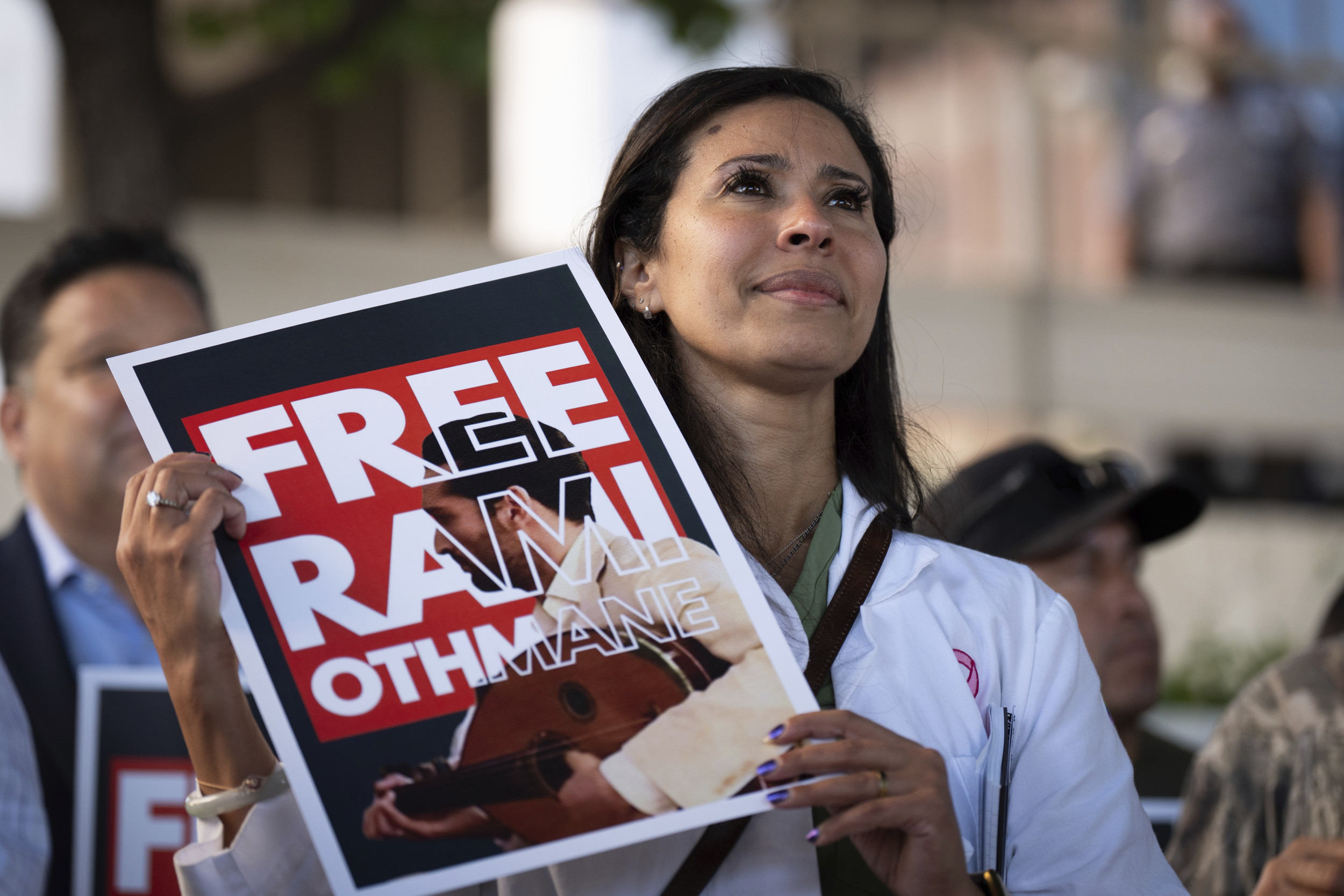In efforts to reach ambitious deportation goals, the Department of Homeland Security is giving new life to long-time administratively closed immigration cases.
In efforts to continue stepping up immigration enforcement and reach ambitious deportation goals, the Department of Homeland Security is giving new life to long-time administratively closed immigration cases, even ones involving people who are dead.
Some lawyers have received dozens of motions to re-calendar— the first step to reopen old cases. If lawyers don’t succeed in opposing those motions, immigrants could wind up back in courthouses that in recent months have become a hub for arrests, a new report from Los Angeles Times details.
“It has been 10 years,” Adan Rico, a 29-year-old DACA recipient who has renewed his status at least four times, told the LA Times. “And all of a sudden our lives are on hold again, at the mercy of these people that think I have no right to be here.”
Attorneys handling these proceedings say the government is overwhelming the courts and immigration lawyers by dredging up cases, many of which are a decade old or more. In several of them, clients or their original lawyers have died. In other cases, immigrants have received legal status and were surprised to learn the government was attempting to revive deportation proceedings against them.
That was the case of Rico, a father who is studying to be an HVAC technician in the Inland Empire. The attorney who originally helped him with his immigration cases has since died, making the revival of his case even more confusing and surprising.
“If it wasn’t for his daughter calling, I would have never found out my case was reopened,” he said. “The Department of Homeland Security never sent me anything.”
A similar case occurred with construction worker Helario Romero Arciniega. Seven years ago, a judge administratively closed his deportation proceedings after he was severely beaten with a metal sprinkler head and had qualified for a visa for crime victims. This year, government officials filed a motion to bring back the deportation case even though he had died six months ago.
“They don’t do their homework,” Patricia Corrales, an attorney representing Romero Arciniega and Rico, said of the government lawyers. “They’re very negligent in the manner in which they’re handling these motions to re-calendar.”
Likewise, Mariela Caravetta, an immigration attorney in Van Nuys, said that since early June about 30 of her clients have been targeted with government motions to reopen their cases. By law, she has to reply in 10 days. That means she has to track down the client, who may have moved out of state.
“It’s bad faith doing it like that,” said Caravetta, who accused the federal government of flooding the immigration courts in an effort to meet its deportation quotas.
“People aren’t getting due process,” she said. “It’s very unfair to the client because these cases have been sleeping for 10 years.”
When asked about the government’s push to restart old proceedings, DHS spokesperson Tricia McLaughlin declined to address questions about the administration’s change in policy or respond to attorneys’ complaints about the process. She released a statement similar to others she has offered to the media on immigration inquiries.
“Biden chose to release millions of illegal aliens, including criminals, into the country and used prosecutorial discretion to indefinitely delay their cases and allow them to illegally remain in the United States,” she said. “Now, President Trump and Secretary Noem are following the law and resuming these illegal aliens’ removal proceedings and ensuring their cases are heard by a judge.”





